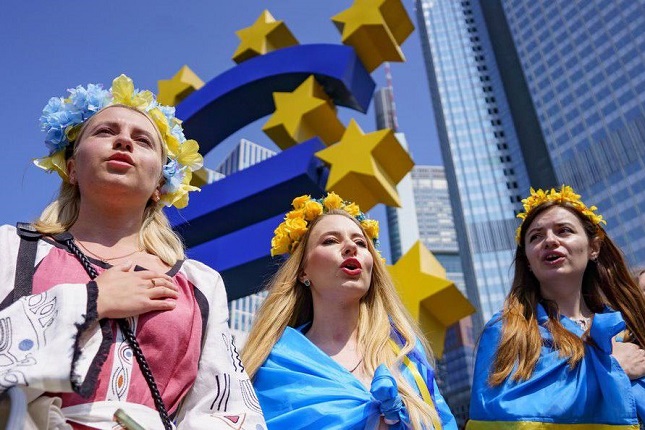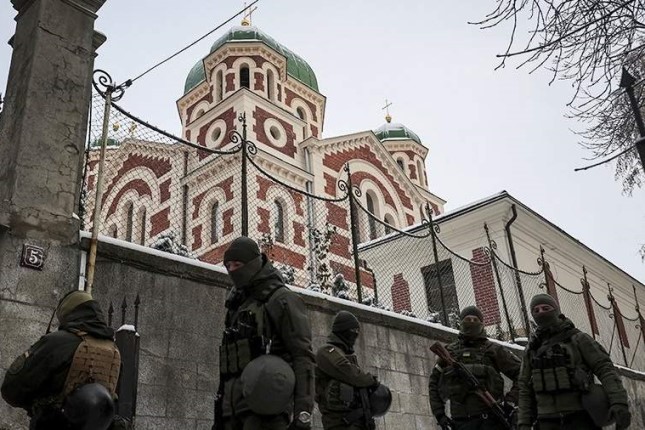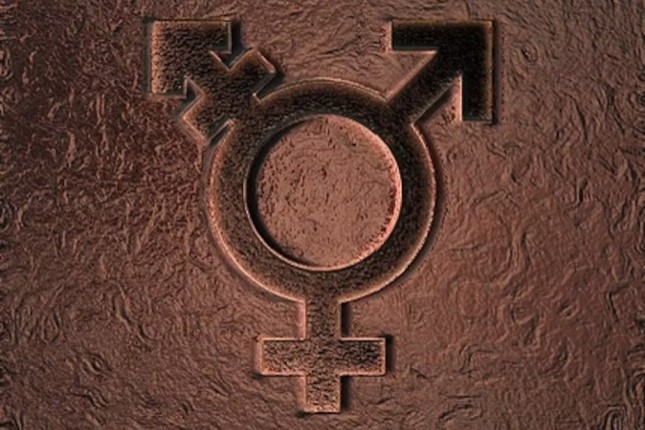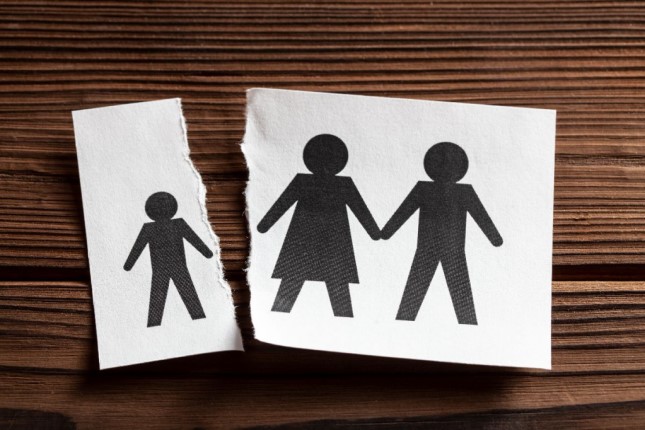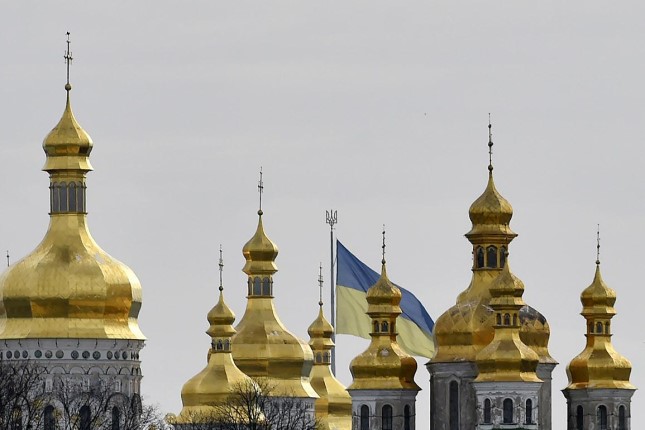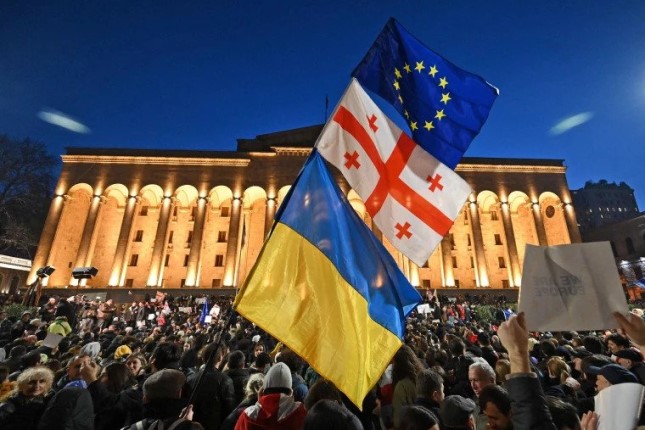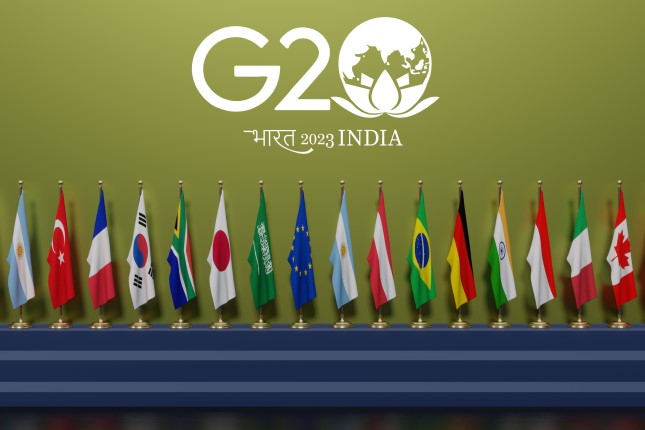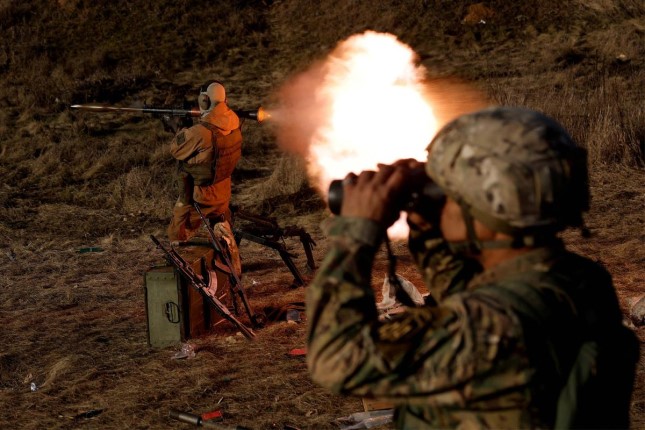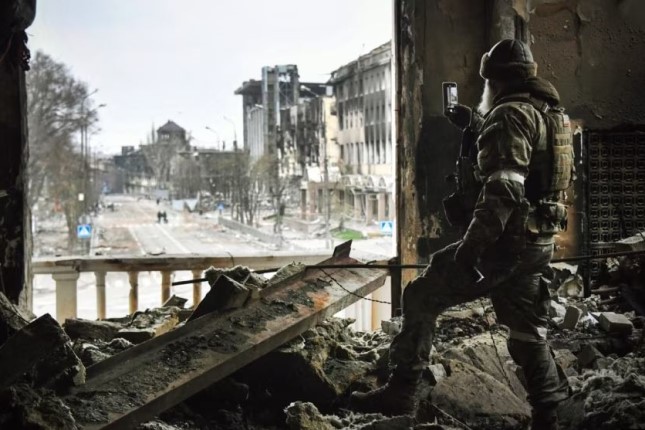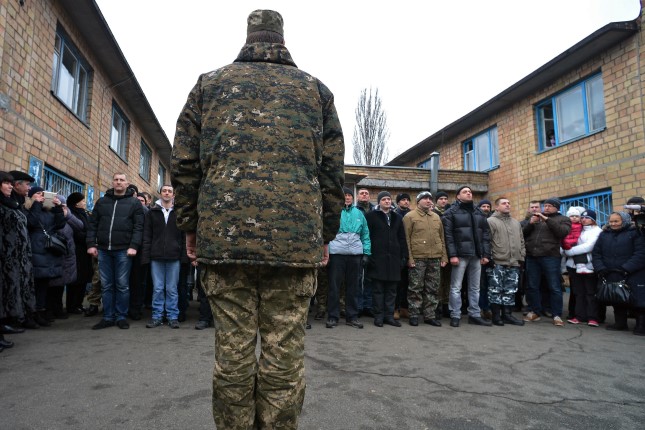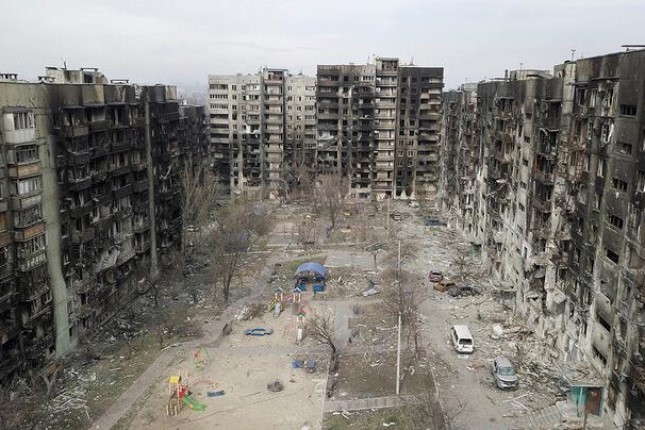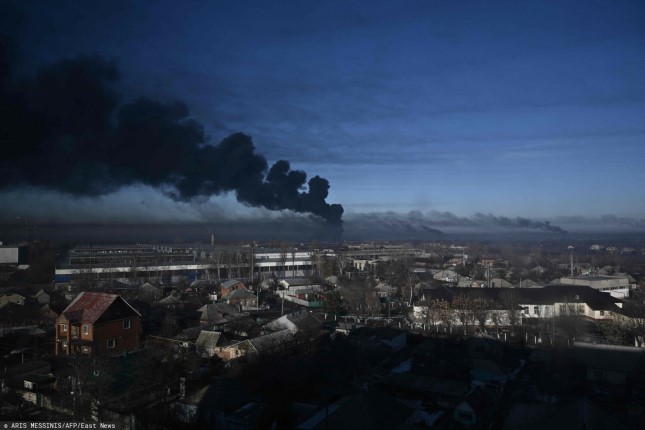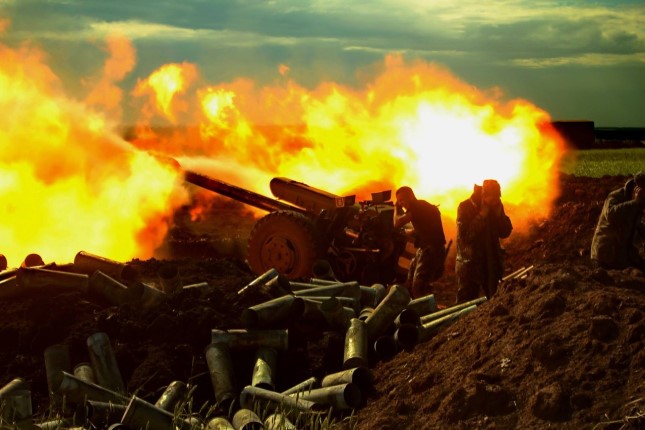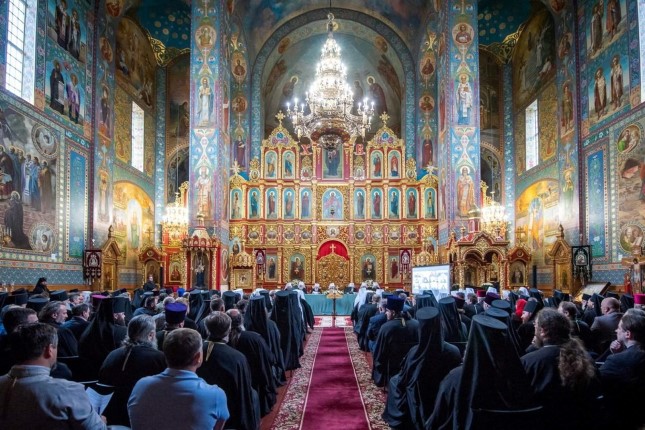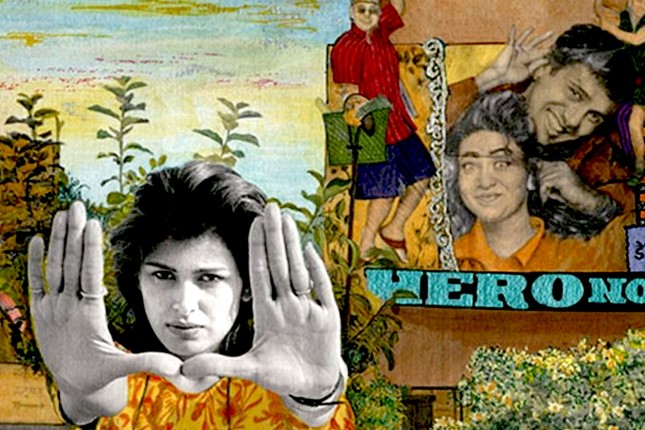A post with a photo of a leaflet allegedly pasted onto a wall somewhere in Romania was published on social networks in early August of 2022. The leaflet featured a message written in two languages – Romanian and Ukrainian – urging female refugees from Ukraine to stop "sucking money out of our (apparently, Romanian) husbands" and return home instead to "raise the morale of Ukrainian servicemen there free of charge". In the photo it can be seen that someone scribbled "Glory to Ukraine!" in sprawling cursive across the leaflet but this doesn't cancel the problem highlighted by the poster.
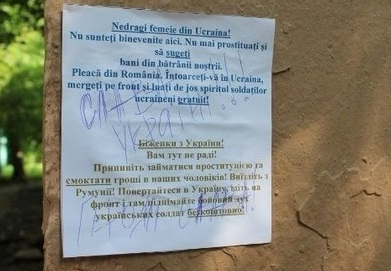
Europe's resentment over the behaviour of Ukrainian refugees has been evident basically since the start of the fighting in Ukraine, with the Europeans sharing their displeasure with the conduct of the newcomers nearly non-stop.
Poland was first to be hit by the wave of Ukrainians fleeing the war and it has since remained the most hospitable European country to welcome Ukrainian refugees. According to a breakdown published on the Voice of America website, as of June 2022 there were more than 1.17 million Ukrainians staying in Poland. Germany hosted around 780,000 refugees, followed by the Czech Republic, Italy, and Spain.
Compared with Poland's 1.17 million, Romania has gotten off relatively easy by hosting just 90,000 Ukrainian refugees. So why do Romanian women are so worried about their husbands' purported unfaithfulness? One possible answer is that Romania is not a very wealthy country and that being the case the sex services rendered by the refugees are, therefore, by far more detrimental to Romanian families' finances than those of German or Italian households.
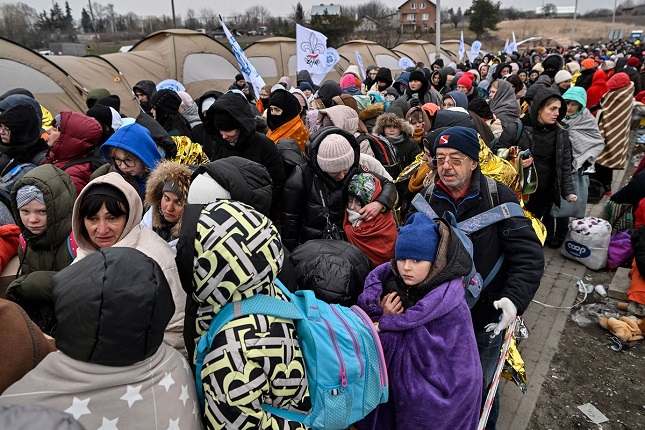
Migrants wait to be transferred to a train station after crossing the Ukrainian border. Photo: louisa Gouliamaki / AFP / Getty Images
That said, the popularity of Ukrainian women on Europe's market of sex services (both legal and illegal) has long been an open secret. Most of the "Natashas" in Turkey are from Ukraine. The introduction of visa-free travel to the EU for Ukrainian citizens put brothel owners from Warsaw to Lisbon in a festive mood. However, the fallout from the war could include a fierce price war in this market as Ukrainians will no longer be competing with the local service providers but with each other instead.
Without a doubt, when the Europeans were generously opening their arms and their borders to Ukrainian refugees, they were clearly convinced that this would not last long and that NATO would act quickly to restore order on the approaches to its Eastern borders. This would explain why, in the beginning, the Ukrainians were not only being comfortably lodged in Baltic, Polish, or Romanian hotels, but also felt entitled to put on airs, demand extra services and comforts, quarrel with the locals while at the same time irritating them with their pricey possessions and luxury vehicles.
However, something went amiss, the war got protracted, and the refugees from Ukraine were forced to start tightening their belts. As Europe's governmental programmes of financial assistance to migrants are being gradually curtailed or scrapped altogether, with free public transportation and other benefits phased out, the Ukrainians can no longer insist on being entitled to living in major cities. Instead, they are moving to places where they are provided with "charitable" housing (such as vacant public buildings poorly adapted for living) and have to face the reality that they have no jobs and, therefore, cannot afford to rent housing on their own.
Families in the UK, Belgium, and other countries, who so hospitably welcomed Ukrainian refugees into their homes, are already being compelled to deny their guests the right to extend their stay. As their own economic situation is worsening, the subsidies they get from the state to provide shelter to the refugees are no longer high enough to cover the good Samaritans' expenses. To top it all, the behaviour of male and especially female guests from Ukraine is at times eerily reminiscent of the demeanour of the antagonist of a Slavic fairy tale about a vixen living in an ice hut.
In a nutshell, the story goes like this: the vixen that used to live in an ice hut saw her hut melt with the coming of spring, and so she asked her neighbour the hare to let her lodge in his hut made of a more durable bast only to drive its rightful owner out soon after. This is the outcome now feared by many European women. Back in late May, Europe's tabloids reprinted a story originally told by Britain's The Sun. According to the story, Englishman Tony Garnett, a man in his late 20s, and his wife Lorna let a 22-year-old Ukrainian refugee Sofia Karkadym stay with them at their home. It then took Miss Karkadym less than a month to snatch Mr. Garnett from his lawfully wedded wife. It is unlikely that this was the only case of this kind, nor is it conceivable that many Western European wives were so generous as to mimic Lorna and willingly hand their husbands over to the destitute girls from the easternmost corner of Europe.

Tony Garnett and Sofia Karkadym. Photo: The Sun.
For now, at least, the future only smiles favourably on the Ukrainian refugees who have made it as far as Japan. The Land of the Rising Sun has not yet retracted its gracious offers of generosity and hospitality. According to Nippon.com, Japan's Nippon Foundation is in fact expanding its programme of funding the cost of living of the country's displaced guests from Ukraine. Japan is ready to admit as many as two thousand people!
Japan is currently hosting about one thousand refugees from Ukraine and according to a poll conducted by Nippon Foundation, more than 65 percent of them "would prefer to stay in Japan until things calm down" (and yet only five percent of them are reasonably fluent in Japanese). Of those, only 2.2 percent expressed the desire to go home.
One cannot help but wonder how many of these patriots are young and beautiful women. Probably not that many.
Main photo: Frank Rumpenhorst / DPA / Globallookpress.
